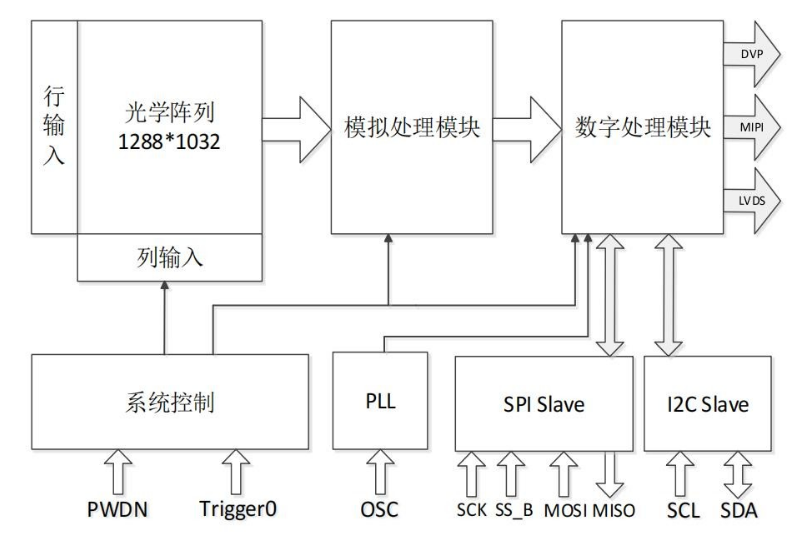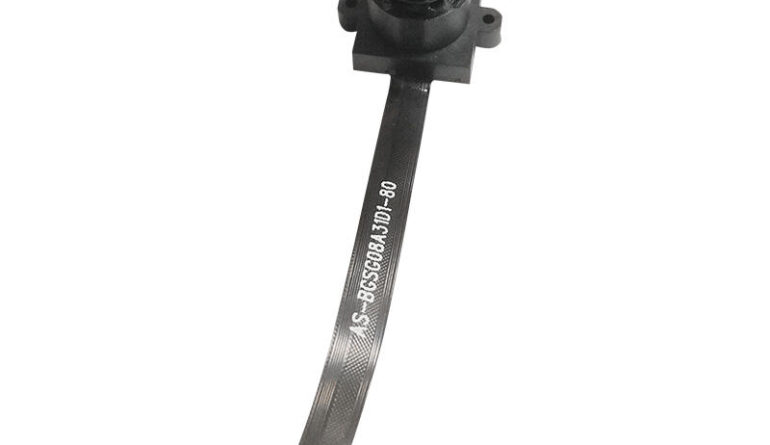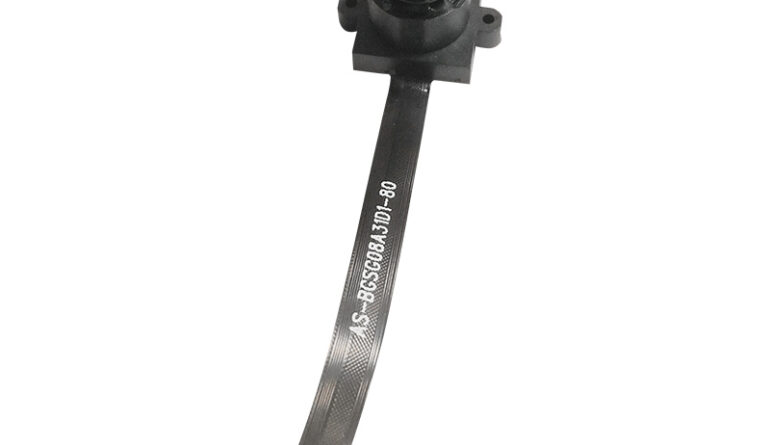SC130GS is a global shutter CMOS image sensor that supports a maximum transmission rate of 1280Hx1024V@240fps. SC130GS outputs black and white RAW/RGB images with an effective pixel window of 1288Hx1032V, and supports complex on-chip operations – such as HDR mode, external trigger global exposure mode, windowing, horizontal mirroring, vertical inversion, etc. SC130GS can be configured through standard SPI and I2C interfaces.
SC130GS can achieve external control of exposure through the Trigger0 pin.
Functional module diagram of SC130GS image sensor:

Features:
●Global exposure
●High dynamic output
●External exposure control and multi-sensor synchronization
●Automatic exposure/gain control, supports exposure of less than one line
●Inter-frame flicker elimination
●Horizontal/vertical window adjustment
●6x analog gain, 8x digital gain
●Built-in temperature sensor
●High photosensitivity
●SPI/I2C interface register programming
●Low power consumption (Max: 340mW)
Key indicators (typical values):
●Resolution: 1.3 million
●Effective pixel array: 1288H x 1032V
●Pixel size: 4.0μm x 4.0μm BSI
●Lens optical size: 1/2.7" (6.56mm)
●Maximum image transmission rate:
– 1280H x 1024V @240fps
– 1280H x 1024V @1lane@60fps
●Output interface:
– 10/8-bit DVP Parallel interface
– 10/8-bit 4/2/1 lane MIPI
– 10/8-bit 4/2/1 lane LVDS
●Output format: MONO/RAW/RGB
●CRA: 0°
●Sensitivity: 8000mV/lux·s
●Full well charge: 8000e-
●Dynamic range:
– Normal mode: 60 dB
– HDR mode: 100 dB
●Signal to noise ratio: 40 dB
●Operating temperature range: -30ºC~+85ºC
●Optimum operating temperature range: -20ºC~+60ºC
●Power supply voltage:
– Analog = 3.3V
– Digital= 1.5V
– I/O = 1.8V~3.3V (1.8V is recommended for better performance)
●Packaging information:
– 64-pin CLCC
– 13mm x 13mm
Function Introduction
1. External trigger global exposure mode
In external trigger global exposure mode, the main control chip triggers exposure through the Trigger0 signal to achieve synchronous exposure and video data output of multiple sensors. When the Trigger0 signal occurs, the SC130GS starts to expose, and outputs video data after the exposure. The frame rate is controlled externally. When the SC130GS works in external trigger global exposure mode, the main control chip triggers exposure through the Trigger0 pin.
According to the control method of exposure time, the external trigger global exposure mode is divided into external trigger global Master Mode and external trigger global Slave Mode.
2. AEC/AGC
AEC/AGC are both adjusted based on brightness. AEC adjusts the exposure time and AGC adjusts the gain value, so that the image brightness finally falls within the set brightness threshold range.
3. Black level control (BLC)
The SC130GS pixel array contains 8 black lines, which can provide data for the compensation elimination algorithm. Digital image processing first subtracts the black level data. The BLC algorithm estimates the black level compensation value from the black line data, and the color pixel value is subtracted from the black level compensation value of the respective color channel. If such subtraction results in a negative value at some specific pixel point, the result is set to 0.
By default, the BLC operation is re-performed after changing the gain value.
There are two black level calculation modes: manual BLC and automatic BLC. In manual mode, the compensation value is specified by the register; in automatic mode, the compensation value is calculated by the black line.
Dogoozx SC130GS camera module recommendation:




